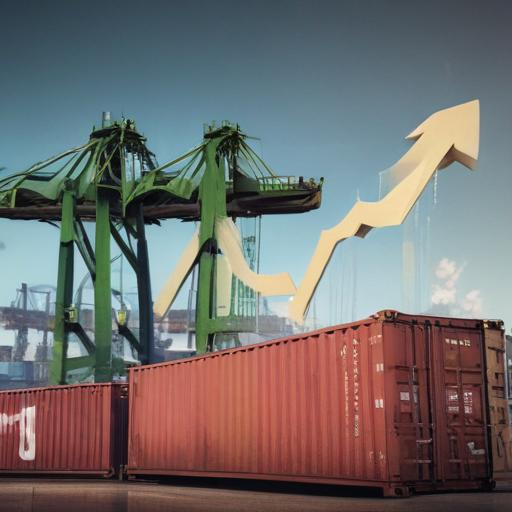The trade landscape remains uncertain as the U.S. navigates its ongoing trade conflict, but there are concrete signs of the current administration’s intent to bolster domestic industries. The focus is not only on creating favorable trading conditions for American businesses and workers but also on enhancing energy independence and the domestic supply of critical minerals. This initiative significantly benefits companies such as Freeport-McMoran, Whirlpool, and Cheniere Energy.
Freeport-McMoran stands out as a key player in the U.S. copper market, supplying 70% of the domestically produced refined copper. Despite the reliance on imports for 45% of copper needs, the company is poised to help the nation reduce this dependency. The U.S. Chamber of Commerce has actively advocated for the classification of copper as a critical metal, which could attract tax incentives for increased domestic production. Notably, Freeport has ambitious plans for brownfield projects in Arizona, showcasing its capability to meet domestic demands. The potential for increased tariffs on copper imports could also translate into significant financial benefits for the company.
Whirlpool, known for its home appliances, faces challenges amid rising interest rates which impact housing and appliance sales volumes. Competition from Asian imports has also pressured its market position. However, there is optimism that upcoming tariff regulations could level the playing field. Closure of loopholes allowing Asian manufacturers to avoid tariffs on imported steel could potentially disadvantage competitors and ultimately benefit Whirlpool’s margins.
Meanwhile, Cheniere Energy, the leading U.S. LNG producer, is posed to thrive as the Trump administration promotes LNG exports. The company is expanding its operations, notably with its stakes in key LNG terminals. The transition to supporting energy exports reflects a growing commitment to ensure America’s energy dominance.
In summary, the administration’s inclination toward supporting U.S. companies through tariff mechanisms and investment strategies indicates a promising future for these key players. If executed successfully, the policy changes could lead to long-term competitive advantages for Freeport-McMoran, Whirlpool, and Cheniere Energy, highlighting the potential for growth within the U.S. market.
